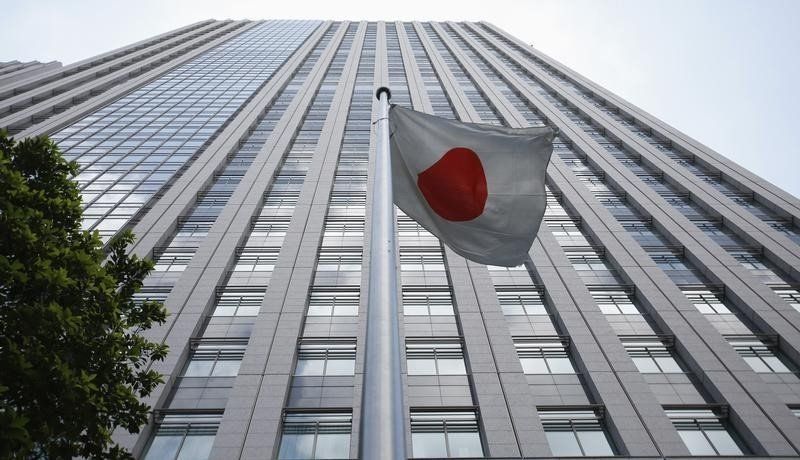Bank of Japan Sticks to Easing Policy Despite Global Economic Challenges
08.08.2024 10:00 1 min. read Alexander Stefanov
The Bank of Japan (BoJ) has decided to keep its monetary policy unchanged, avoiding both rate hikes and cuts.
Deputy Governor Shinichi Uchida stated that maintaining the status quo is essential given the current market instability.
While other central banks, such as those in the US and Europe, are raising interest rates, Japan is opting for a different approach. Uchida emphasized that Japan will continue its cautious monetary easing to avoid worsening market conditions.
Global market uncertainties, including recent declines in stock prices and currency fluctuations, have influenced this decision. Uchida highlighted that the yen has experienced significant volatility, impacting corporate and consumer behavior.
Despite global challenges, Uchida is optimistic about Japan’s economic recovery. He sees a “soft landing” for the US economy, which is crucial for Japan given their economic ties. Uchida also praised Japan’s improving corporate earnings and expects the economy to grow steadily.
Looking ahead, the BoJ plans to reduce its bond-buying program to ¥3 trillion per month by early 2026 but remains ready to adjust policies if necessary. Analysts are divided on the BoJ’s future moves. Some foresee potential rate increases later this year, while others expect a gradual approach, possibly reaching a 1% rate by 2028, with concerns about inflation and wage stability shaping these predictions.
-
1
Fed’s New Projections Hint at a Slower Easing Cycle Through 2026
19.06.2025 15:00 2 min. read -
2
Trump Targets Fed Over Missed Rate Cut Opportunity
20.06.2025 9:00 1 min. read -
3
UK Inflation Stalls at 3.4%, Spotlight Shifts to BoE’s August Meeting
19.06.2025 9:00 2 min. read -
4
Fed Holds Fire on Rates, Signals Cuts Could Arrive if Jobs Falter
18.06.2025 21:30 1 min. read -
5
U.S. National Debt Surge Could Trigger a Major Crisis, Says Ray Dalio
26.06.2025 10:00 1 min. read
Ripple Selects BNY Mellon as Custodian for RLUSD Stablecoin Reserves
Ripple has chosen global banking giant BNY Mellon to act as the primary custodian for reserves backing its enterprise-grade stablecoin, Ripple USD (RLUSD).
Here is Why the Fed May Cut Rates Earlier Than Expected, According to Goldman Sachs
Goldman Sachs now expects the Federal Reserve to begin cutting interest rates sooner than previously anticipated, forecasting the first reduction as early as September 2025.
Robinhood Faces Scrutiny from European Bank Over Tokenized Stock Offerings
Lithuania’s central bank has reached out to Robinhood for further details regarding its newly launched stock token products, following a public distancing by OpenAI from the initiative.
USA Imposes Tariffs on Multiple Countries: How the Crypto Market Could React
As President Trump accelerates his tariff strategy ahead of the August 1 deadline, new White House letters reveal formal trade warnings sent to multiple nations, including Tunisia, Cambodia, Indonesia, and others.
-
1
Fed’s New Projections Hint at a Slower Easing Cycle Through 2026
19.06.2025 15:00 2 min. read -
2
Trump Targets Fed Over Missed Rate Cut Opportunity
20.06.2025 9:00 1 min. read -
3
UK Inflation Stalls at 3.4%, Spotlight Shifts to BoE’s August Meeting
19.06.2025 9:00 2 min. read -
4
Fed Holds Fire on Rates, Signals Cuts Could Arrive if Jobs Falter
18.06.2025 21:30 1 min. read -
5
U.S. National Debt Surge Could Trigger a Major Crisis, Says Ray Dalio
26.06.2025 10:00 1 min. read


